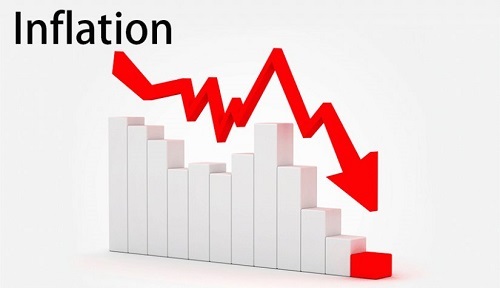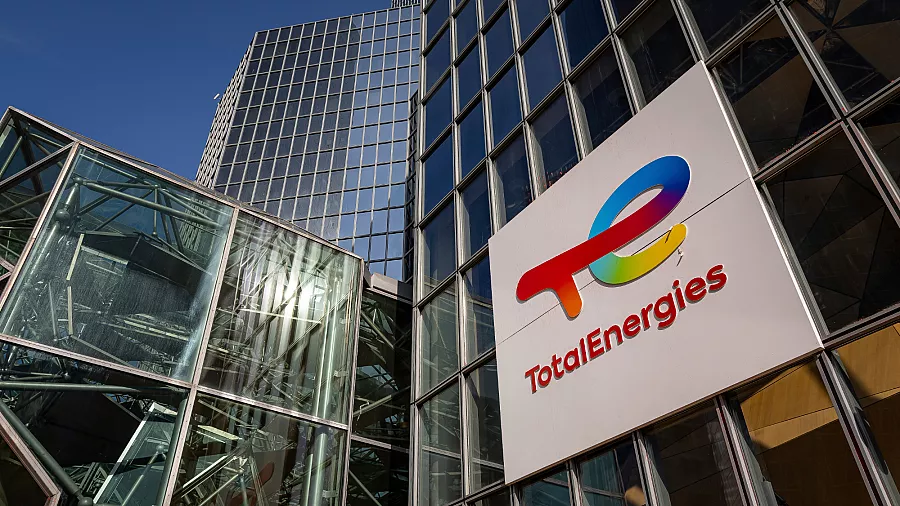The Institute of Public Policy and Accountability (IPPA) has described Ghana’s 2025 Mid-Year Budget Review as promising, highlighting improvements in macroeconomic fundamentals. However, the think tank warns that more needs to be done to cushion the economy against external shocks and ensure long-term resilience.
Macroeconomic Gains Recognized
According to IPPA, the Finance Minister, Dr. Cassiel Ato Forson, presented data that confirms Ghana’s economy is showing signs of recovery. Independent verification from the International Monetary Fund (IMF), Barclays PLC, Standard Bank, and Goldman Sachs support this outlook.
Key highlights include:
GDP growth: 5.3% in Q1 2025, compared to 4.9% in the same period in 2024.December
Inflation: Dropped to 13.7% in June 2025, down from 23.8% in December 2024.
Currency performance: The Ghana Cedi gained approximately 30% YTD, becoming one of the world’s top-performing currencies.
Interest rates: Declined by 1300 basis points to 14.7% in June 2025.
Credit rating: Fitch upgraded Ghana’s rating, with Moody’s and S&P expected to follow.
IPPA commends both the current administration and the previous regime for their roles in restoring stability.
Challenges Remain in the Financial Sector
Despite macro gains, IPPA notes that vulnerabilities persist:
High policy rate: Still constraining credit access, though a cut of 200 basis points is anticipated.
Non-Performing Loans (NPLs): Averaging 21%, undermining banking sector efficiency.
Cost of credit: Still prohibitively high for businesses.
The IPPA urges closer collaboration between the Ministry of Finance and the Bank of Ghana to build a robust, cost-effective banking sector that attracts investment.
Debt Levels Still Concerning
Ghana’s public debt remains high at GH¢613 billion as of end-June 2025. Though debt restructuring has reduced pressure, the process remains incomplete.
IPPA flags looming “bullet repayments”:
Domestic debt: GH¢20bn (2026), GH¢50.3bn (2027), GH¢45.75bn (2028)
External debt: US$1.42bn (2026), US$1.17bn (2027), US$1.14bn (2028)
With Ghana still classified by the World Bank as a high-debt-distress country, IPPA advocates for expeditious resolution of negotiations with bilateral and Eurobond creditors.
Investor Confidence and Capital Market5 Revival
The Ghana Stock Exchange (GSE) has rebounded strongly in 2025:
19 of 36 listed stocks have posted gains.
GSE-CI index: Up 31.67% year-to-date.
Bond market: Showing renewed trading activity post-debt exchange.
IPPA encourages the government to cap excessive borrowing and protect the capital market’s recovery. Despite declining yields, domestic borrowing remains high — contradicting earlier pledges to reduce market dependence.
Revenue and Fiscal Management: Gains and Gaps
While fiscal balance improved (deficit narrowed from 4.1% to 3.8% of GDP), revenue underperformance remains a concern due to:
Leakages at ports, especially Tema.
Smuggling across borders.
Overruns in public wages: Salaries overshot budget by GH¢1.3 billion in H1 2025.
IPPA supports the deployment of Artificial Intelligence at ports but stresses that systemic reform and digitization of all payments — especially for taxes and customs — are5 essential to combat fraud and enhance collections.
Social Programmes and Infrastructure Development
IPPA supports road construction and rehabilitation initiatives but calls for prioritization:
“Complete legacy projects started by the previous administration before launching new ones.”
This prudent approach would ensure value for money amidst constrained resources.
Macroeconomic Targets Achievable – If No Major External Shocks
The government’s targets for 2025 — including 4.0% GDP growth, 11.9% inflation, and 3 months of import cover — are within reach. However,r IPPA cautions that Ghana remains vulnerable to global disruptions, citing:
The 2007–08 global financial crisis
The COVID-19 pandemic
The Russia–Ukraine conflict
All triggered sharp inflation, currency depreciation, and debt distress in Ghana.
Forward Strategy: Buffers, Exports, and Private Sector
IPPA recommends the following:
Two sinking funds: For domestic and foreign debt repayments (2026–2028).
Export diversification: Expand beyond gold, cocoa, and oil to include shea nuts, palm oil, lithium, and other extractives.
Foreign reserves buildup: Bolster BoG’s gold reserves and allow market forces to determine exchange rates.
Digital tax collection: Especially for property tax and informal sector revenue.
Borrow for productive investments only, not recurrent spending.
Create Indigenous Giants Like Nigeria’s Dangote
IPPA calls for a deliberate national policy to build Ghanaian conglomerates that can dominate regionally and globally, as seen in Nigeria:
UBA, Zenith, GTBank (banking)
Glo (telecom)
Dangote (cement, commodities)
Such a strategy will stimulate jobs, innovation, and inclusive economic growth — beyond partisan politics.
Conclusion
The 2025 Mid-Year Budget Review outlines progress — but not a comprehensive shield against future shocks. Ghana must build stronger buffers, diversify exports, complete debt restructuring, and empower local entrepreneurs. Only then can the gains made be sustained and deepened. Enditem
Share Us



